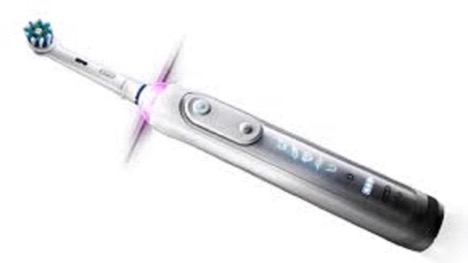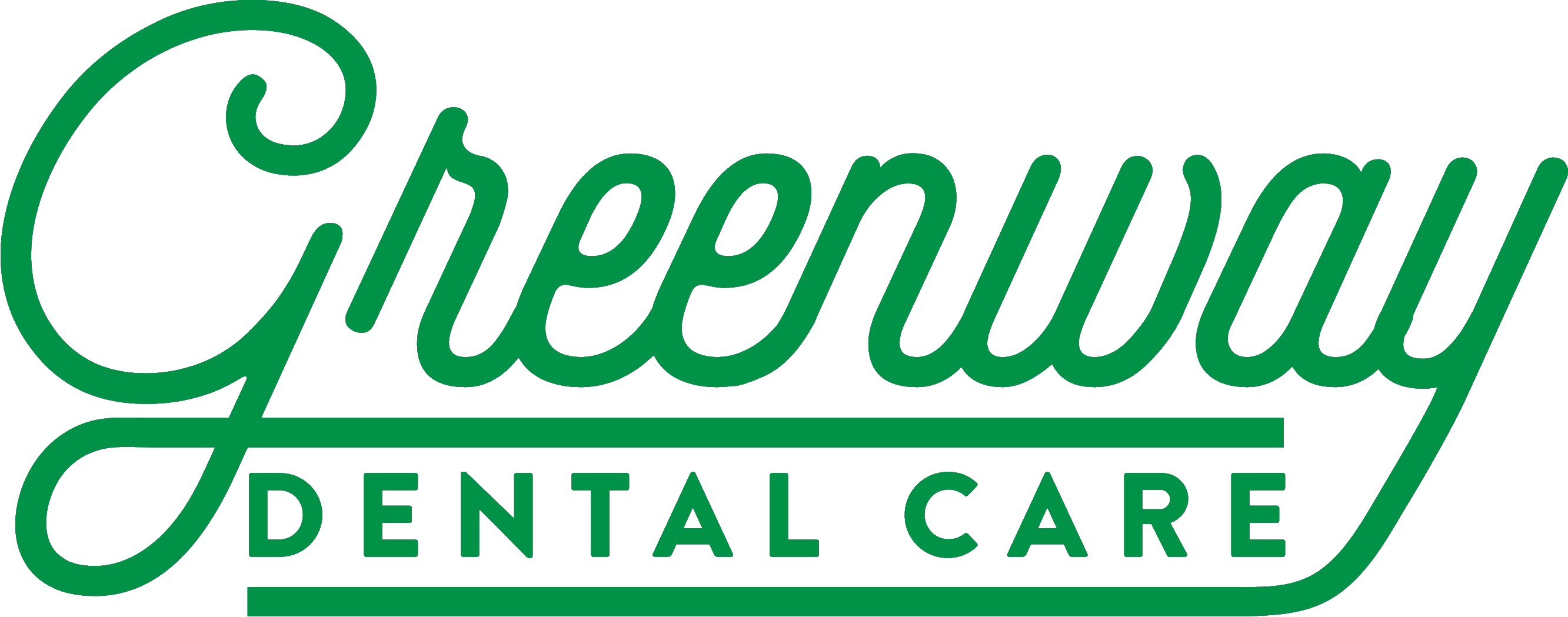Posted By: Amanda Banks, RDH

Toothbrushes have been around for a long time. Like, a really long time. In one form or another, they’ve been around for thousands of years, being mentioned in Chinese literature as early as 600 B.C. Thankfully they have come a long way since then. One of the more notable recent changes is the advent of power toothbrushes.
Very early “mechanical” toothbrushes were actually patented back in the mid-1800s, but the power brushes you and I think of didn’t come around until the 1960s. Then, in 1978, the first mass-produced power toothbrush came out from Oral-B. Over the next several years many different brushes were made as the demand grew. The next major milestone came in 1991, with Oral-B’s new model which had an oscillating-rotating mode of action, and an impressive 5600 oscillations per minutes. The reason this is a big deal is because it was the first power toothbrush clinically proven to clean better than a manual toothbrush. The first “sonic” power toothbrush came one year later in 1992.
We have continued to see improvements in power brushes. One thing that often surprises patients, is that the newest brushes actually have Bluetooth in them! The latest Oral-B, the Oral-B GENIUS, actually has Position Detection Technology, which when used along with your smartphone’s camera can track the areas being brushed and help make sure you don’t miss any areas. It will also give you guidance and feedback about pressure applied and duration of brushing.
So, you have some choices! Here are some things to look at:
- Power Source – All power toothbrushes are either powered by disposable batteries, or they have a rechargeable power source. Disposable battery-powered brushes are cheaper, and some require replacing the batteries, and some you must throw away once the batteries die. As the battery life decreases, the toothbrush speed also reduces. Rechargeable power brushes are charged by sitting on a stand that is connected to an electrical outlet. With these brushes, you keep the handle (the main body of the brush) but replace the brush head about every 3 months.
- Cleaning Modality – The various brands of electric brushes clean in different ways. Oral-B brushes clean by oscillating-rotating, and pulsating (depending on the model). Sonicare brushes have a lateral side-to-side motion. Other lesser-known brands work by being multi-directional, counter-oscillation, rotary, ultrasonic, or ionic.
- Brush Heads – Upper-end electric brushes have options for the brush head. They sometimes come in different shapes and can be designed for specific needs such as sensitivity.
But…is it really better?
This is a question we get a lot, and the answer isn’t a simple yes or no. Diligent and frequent use of a manual toothbrush ALONG WITH an interdental cleaning device (such as floss) has been shown to be sufficient for thorough plaque debridement and thus control of gingivitis. However, most people do not achieve thorough plaque removal solely with a manual toothbrush (trust me, I know, I see it every day), and do not floss regularly. Power toothbrushes have been shown to motivate patients to brush more regularly and for a longer duration. Also, they basically take the skill out of brushing, and most people achieve better plaque control with them.
In short, the Cochrane Collaboration conducted a very large systematic review of the literature comparing the relative effectiveness of power and manual toothbrushes, looking at 42 clinical trials involving almost 4000 subjects. The review concluded that only power brushes which use the rotation-oscillation action were proven consistently superior and removing plaque and reducing gingivitis more effectively than manual brushes in the short and long term. In 2014, they concluded the same thing once again. Power brushes have also shown to be more effective at stain removal (thus whitening) and keeping away tartar.
Another advantage is that you are less likely to be too aggressive with a power brush. Many people brush too hard with a manual brush, which leads to gum recession, tooth wear, and sensitivity.
Have I convinced you?
I hope this clears up some of the questions you may have had. If you are as sold on the idea of power brushes as we are, we do have the latest Oral-B for sale at our office, and you can come by any time to get one. If you want to look around at your options, you can find them at most major retailers. Happy Brushing!
Visit Our Fayetteville AR Dental Office
Is a power toothbrush right for you?
Visit Greenway Dental Care and the team at Greenway Dental Care to learn more about your options. To schedule an appointment, call (479) 217-3178 or request an appointment online.
